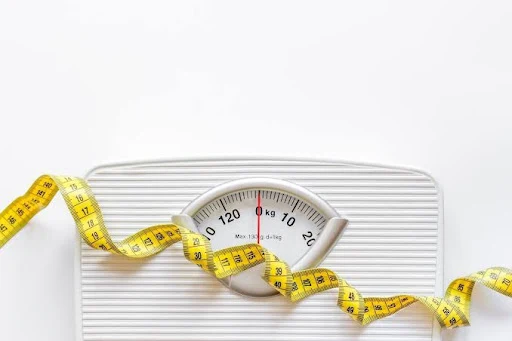Let’s face it—weight loss is one of the most talked-about topics in health, and yet, it’s surrounded by confusion. With so many diets, workout plans, and “miracle” products on the market, it’s easy to feel overwhelmed. But here’s the truth: sustainable weight loss doesn’t come from quick fixes. It comes from a combination of smart habits, consistency, and a bit of patience.
1. Set Realistic Goals.
The first step in any weight loss journey is setting a goal that’s both challenging and achievable. Instead of aiming to lose 20 pounds in a month, focus on steady progress—1 to 2 pounds per week is considered healthy and sustainable. More importantly, think about why you want to lose weight. Better energy? Improved health? Clothing confidence? Having a meaningful reason keeps you motivated.
2. Prioritize Nutrition, Not Starvation.
The phrase “you can’t out-exercise a bad diet” is true. The key to losing weight isn’t eating less—it’s eating better. Here’s how:
Choose whole foods: Focus on vegetables, lean proteins, whole grains, and healthy fats.
Control portions: Pay attention to serving sizes and avoid mindless snacking.
Cut back on sugar and processed foods: These can sabotage your progress quickly.
Stay hydrated: Sometimes, thirst feels like hunger.
3. Move Your Body—In a Way You Enjoy.
Exercise isn’t just about burning calories. It improves mood, boosts energy, and helps keep weight off in the long term. You don’t have to spend hours at the gym:
Go for a brisk walk
Try strength training 2-3 times a week
Dance, bike, swim—whatever gets you moving!
The key is finding something you enjoy so it becomes part of your routine.
4. Get Enough Sleep.
Sleep is often overlooked, but it’s essential for weight loss. Poor sleep can disrupt hormones that control hunger, leading to cravings and overeating. Aim for 7-9 hours of quality sleep per night.
5. Manage Stress.
Chronic stress triggers cortisol, a hormone linked to weight gain—especially around the belly. Try stress-reducing activities like deep breathing, journaling, yoga, or spending time in nature.
6. Track Progress—But Don’t Obsess.
The scale is just one measure of success. Track how your clothes fit, your energy levels, strength gains, or how you feel emotionally. Celebrate small wins—they build long-term success.
7. Be Patient with Yourself.
There will be setbacks. That’s normal. The goal isn’t perfection—it’s progress. If you slip up, don’t give up. Just pick back up and keep moving forward.
Final Thoughts.
Weight loss isn’t about punishment. It’s about building a healthier, stronger, and more confident version of yourself. Focus on habits, stay consistent, and be kind to your body along the way. Remember, it’s not a sprint—it’s a lifestyle.








Hello
ReplyDelete